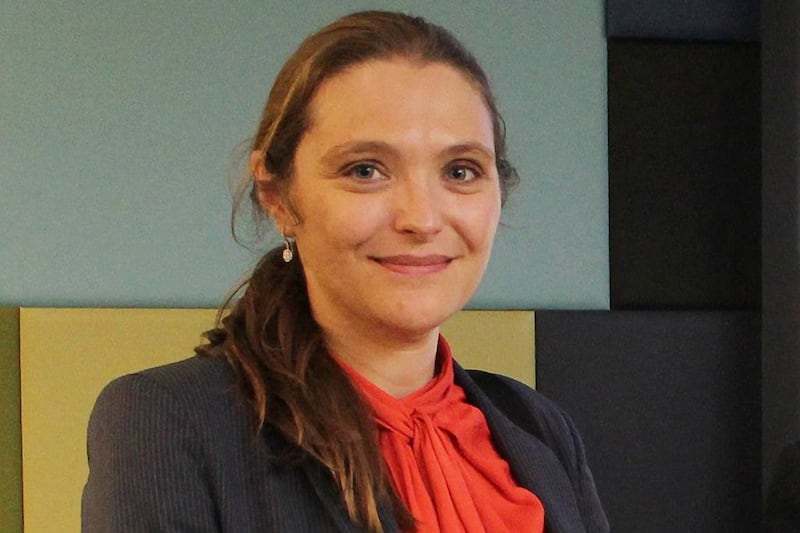ABU DHABI // The UAE is to take a more active support role for Nato, advising on major regional security threats and helping to compensate for the US’s reduced Middle East focus.
Nato officials are expected to visit in coming months after the Danish embassy in Abu Dhabi becomes the country’s go-between with the bloc, said Merete Juhl, the Danish ambassador.
“Nato and Europeans really need a reliable and capable partner in the Middle East, like the UAE, to better understand how to deal effectively with challenges internationally but also at home, with refugees and newcomers that represent a new security threat,” she said.
“So these types of partnerships are something we are prioritising because it’s what we need in today’s world.”
Ms Juhl said the embassy would provide information about Nato’s activities and offer advice to the bloc on political discussions, debates and concerns in public opinion on security and defence.
“When we have high-level visits from top Nato officials we will provide logistical support, political advice and briefings on the UAE,” Ms Juhl said.
“What I hope to do today is raise awareness.”
Nato, a bloc of 28 countries including the US, UK and Germany, was set up to offer defence to member states.
The UAE, which has taken part in Nato-led exercises, will gain knowledge and training in counter-terrorism and military coordination.
“It is already a very strong, committed and respected partner,” Ms Juhl said. “The more active you are, the more access you get to talks and operations.
“So far training projects have mainly been in the different parts of Middle East-related conflicts such as Libya, Afghanistan and Iraq, training local forces in anti-terror operations.”
The UAE’s interest in a closer partnership with Nato has grown over the years.
In 2008, the country hosted parliamentarians from 15 Nato nations to discuss reform and security in the Middle East.
That same year, four Arabian Gulf navies, including that of the UAE, took part in maritime exercises with visiting Nato ships.
The UAE regularly contributed to the Nato-led International Security Assistance Force mission in Afghanistan and it has provided air support to the Operation Unified Protector in Libya.
It was given observer status at alliance summits and access to training, education, joint exercises and military coordination.
The alliance is increasing its focus on the Gulf with a centre opening in Kuwait last month.
Dr Albadr Al Shateri, politics professor at the National Defence College in Abu Dhabi, said Nato saw the need for coordination as the UAE’s influence and presence increased.
“The UAE and Nato have mutual interests and share concerns regarding regional and international security,” Dr Al Shateri said.
Johan Obdola, president of the International Organisation for Security and Intelligence, said: “The current complexity of the development of the terror geopolitical map not only in the Middle East, but globally, is one of the most challenging security threats the international community is currently facing.
“With the current global security threats particularly affecting the UAE and the rest of the Arab Gulf states and increasing terrorism threats, and the critical role Nato must take to address them, the assistance of the UAE is of strategic importance.”
cmalek@thenational.ae






